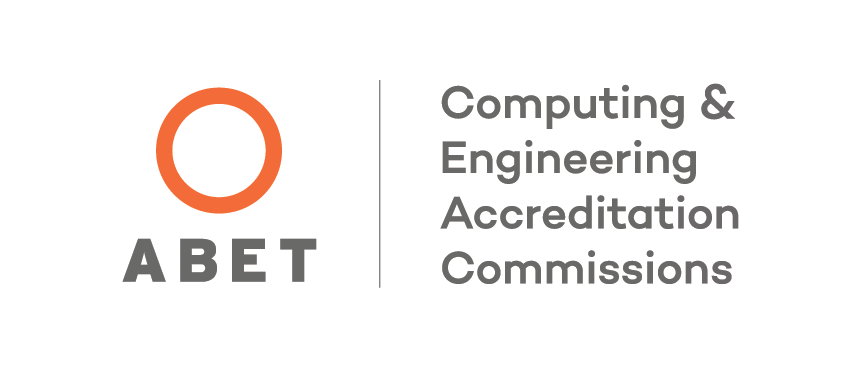Accreditation - Construction Engineering and Management Bachelor of Science
Our construction engineering and management bachelor of science program is accredited by the Engineering Accreditation Commission and the Applied and Natural Science Accreditation Commission of ABET, https://www.abet.org. As an ABET-accredited program, we have defined program educational objectives (PEOs) and student outcomes. This website lists our PEOs and student outcomes, the assessment and evaluation of which are the foundation of our continuous improvement process.
Program vision
The construction engineering and management Bachelor of Science at CU Denver offers the rigors of engineering problem-solving and design with business and management courses, coupled with construction management courses. Students receive an innovative interdisciplinary education that combines coursework in engineering, construction management, business and architecture.
Accreditation
The CEM program is pursuing dual accreditation by the Accreditation Board for Engineering and Technology (ABET), a specialized accrediting agency recognized by the U.S. Department of Education and the Council for Higher Education Accreditation.
Program educational objectives
Three to five years after graduation, the BS in CEM graduates can:
- Perform the technical decision-making, design analyses and tasks, and construction practices of construction engineers and managers
- Communicate construction information effectively, both orally and in writing
- Demonstrate leadership skills, team building, inclusivity, and professional ethics
- Value lifelong learning and self-improvement as demonstrated through enrollment in graduate degree programs or other professional development
- Appreciate the importance of community and industry involvement, connection, diversity, sustainability, and social contribution
Student outcomes
Student outcomes describe the characteristics of our students at the time of graduation.
Student Outcomes based on ABET’s Engineering Accreditation Commission (EAC) Criteria
- an ability to identify, formulate, and solve complex engineering problems by applying principles of engineering, science, and mathematics.
- an ability to apply engineering design to produce solutions that meet specified needs with consideration of public health, safety, and welfare, as well as global, cultural, social, environmental, and economic factors.
- an ability to communicate effectively with a range of audiences.
- an ability to recognize ethical and professional responsibilities in engineering situations and make informed judgments, which must consider the impact of engineering solutions in global, economic, environmental, and societal contexts.
- an ability to function effectively on a team whose members together provide leadership, create a collaborative and inclusive environment, establish goals, plan tasks, and meet objectives.
- an ability to develop and conduct appropriate experimentation, analyze and interpret data, and use engineering judgment to draw conclusions.
- an ability to acquire and apply new knowledge as needed, using appropriate learning strategies.
Student Outcomes based on ABET’s Applied and Natural Science Accreditation Commission (ANSAC) Criteria
- An ability to identify, formulate, and solve broadly defined technical or scientific problems by applying knowledge of mathematics and science and/or technical topics to areas relevant to the discipline.
- An ability to formulate or design a system, process, procedure or program to meet desired needs.
- An ability to develop and conduct experiments or test hypotheses, analyze and interpret data and use scientific judgment to draw conclusions.
- An ability to communicate effectively with a range of audiences.
- An ability to understand ethical and professional responsibilities and the impact of technical and/or scientific solutions in global, economic, environmental, and societal contexts.
- An ability to function effectively on teams that establish goals, plan tasks, meet deadlines, and analyze risk and uncertainty.
